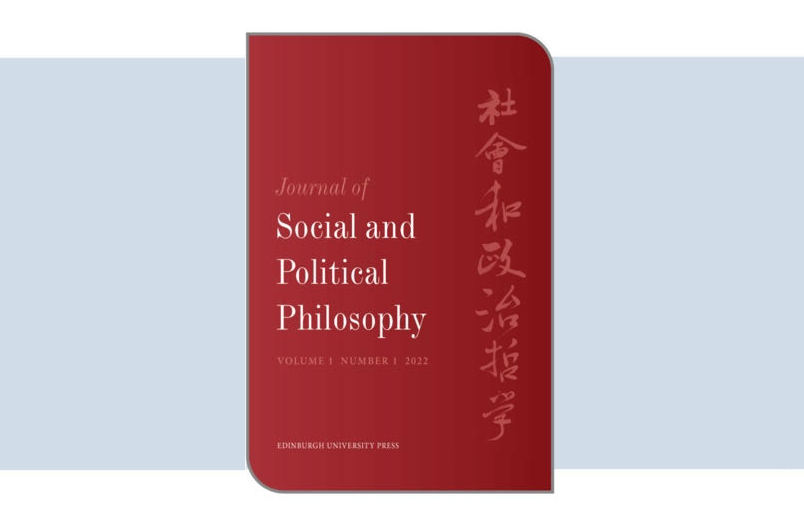JSPP aims to provide an inclusive forum for social and political theorists and philosophers that will extend the range and depth of constructive engagements between East Asian and Western social and political thought. As a broad spectrum journal of social and political philosophy JSPP publishes high quality material regardless of philosophical, ideological or methodological orientation. We welcome contributions drawing on analytic, continental, critical, feminist, genealogical, realist, moralist and other approaches. As well as original contributions drawing on established literatures in social and political philosophy and theory, JSPP will provide a venue for original contributions from a range of disciplines, traditions and civilizational perspectives. We seek to promote informed cross-cultural conversation between different traditions and approaches to social and political thought. Contributions to the history of social and political thought are welcome where these bear on issues of contemporary concern.
You can learn more about the journal here.
The journal will be published on a Green Open Access basis, according to which authors are allowed to place a pre-publication version of their contribution on their personal or departmental web page and in their institutional repository indefinitely, and in non-commercial subject repository for up to one year following publication in print.
The result of an initiative by the School of Philosophy at Wuhan University and published by Edinburgh University Press, JSPP is the first English language academic journal of social and political philosophy based in China. The journal is edited by Paul Patton (Wuhan).
The Journal of Social and Political Philosophy (JSPP) is a new peer-reviewed journal that aims to serve as a “forum in which to address the new challenges facing social and political thought in the twenty-first century.”

In an editorial, Professor Patton writes that the journal

The first issue was published a few months ago.
provides a new forum in which to address the philosophical dimensions of global social and political challenges. These include classical problems of political and social philosophy such as the justification and legitimacy ofgovernment, its nature, function and limits; the nature and justification of justice, freedom,equality, individual and collective rights; responses to inequalities of condition and status between sexes, races and other social groups. In addition, they include issues arising in the context of the transition to more sustainable forms of production and consumption, the effects of global warming, the economic development of East Asia and the social changes this produces, and the emergence of new centres of cultural and political power in the East. They also include issues raised by the ongoing movements of decolonization and reparations for past injustices, along with a range of issues arising from the moral, social and technological innovations of the late twentieth century and those that will occur in the twenty-first century.This sample of contemporary challenges that raise difficult issues calling for analysis and comment is by no means comprehensive and not intended to exclude discussion of other issues in social and political philosophy…




